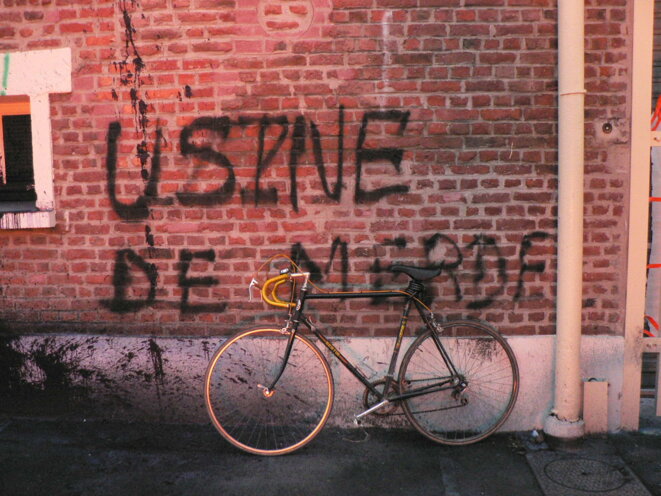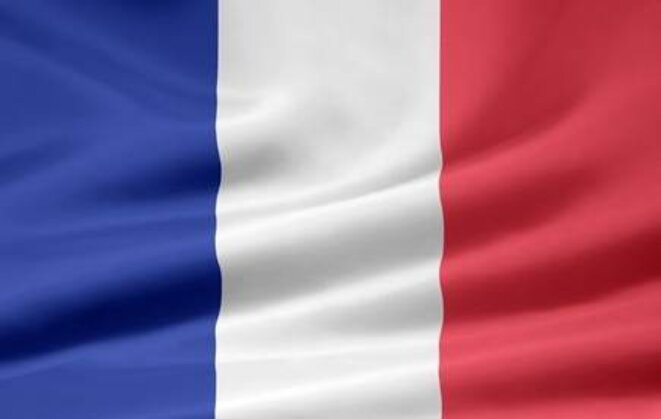Mathieu Magnaudeix

Né en 1980 à Périgueux (Dordogne). A Mediapart, j'ai suivi l'actualité économique et sociale, la révolution tunisienne, le quinquennat de François Hollande, raconté l'OPA d'Emmanuel Macron sur la présidence de la République, couvert le mandat Trump depuis les Etats-Unis.
Désormais responsable et animateur d'A l'air libre, l'émission en accès libre de Mediapart.
Fier adhérent, et co-fondateur, de l'Association des journalistes LGBT, et co-réalisateur du documentaire Guet-Apens. Des crimes invisibles (2023, produit par Mediapart).
Livres:
- Tunis Connection, enquête sur les réseaux franco-tunisiens sous Ben Ali (Seuil 2012), avec Lénaïg Bredoux.
- Macron & Cie, enquête sur le nouveau président de la République (Don Quichotte, 2017, avec la rédaction de Mediapart).
- Génération Ocasio-Cortez, les nouveaux activistes américains (La Découverte, 2020).
Declaration of interest
In the interest of transparency towards its readers, Mediapart’s journalists fill out and make public since 2018 a declaration of interests on the model of the one filled out by members of parliament and senior civil servants with the High Authority for Transparency and Public Life (HATVP), a body created in 2014 after Mediapart’s revelations on the Cahuzac affair.
All his articles
All his blog posts
The Mediapart Club
Join the discussion
Mediapart’s journalists also use their blogs, and participate in their own name to this space of debates, by confiding behind the scenes of investigations or reports, doubts or personal reactions to the news.

Mediapart Journalist
51 Posts
11 Editions






